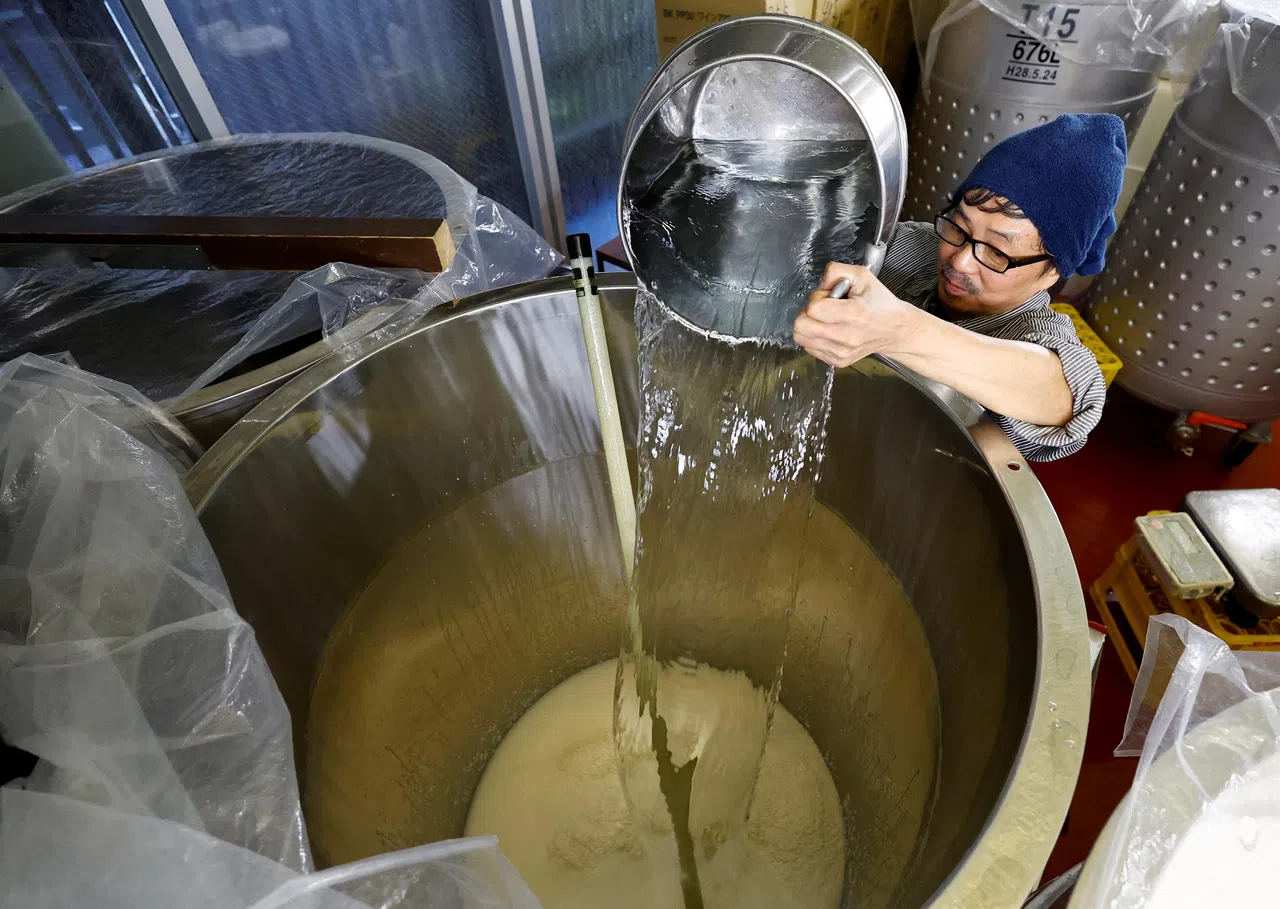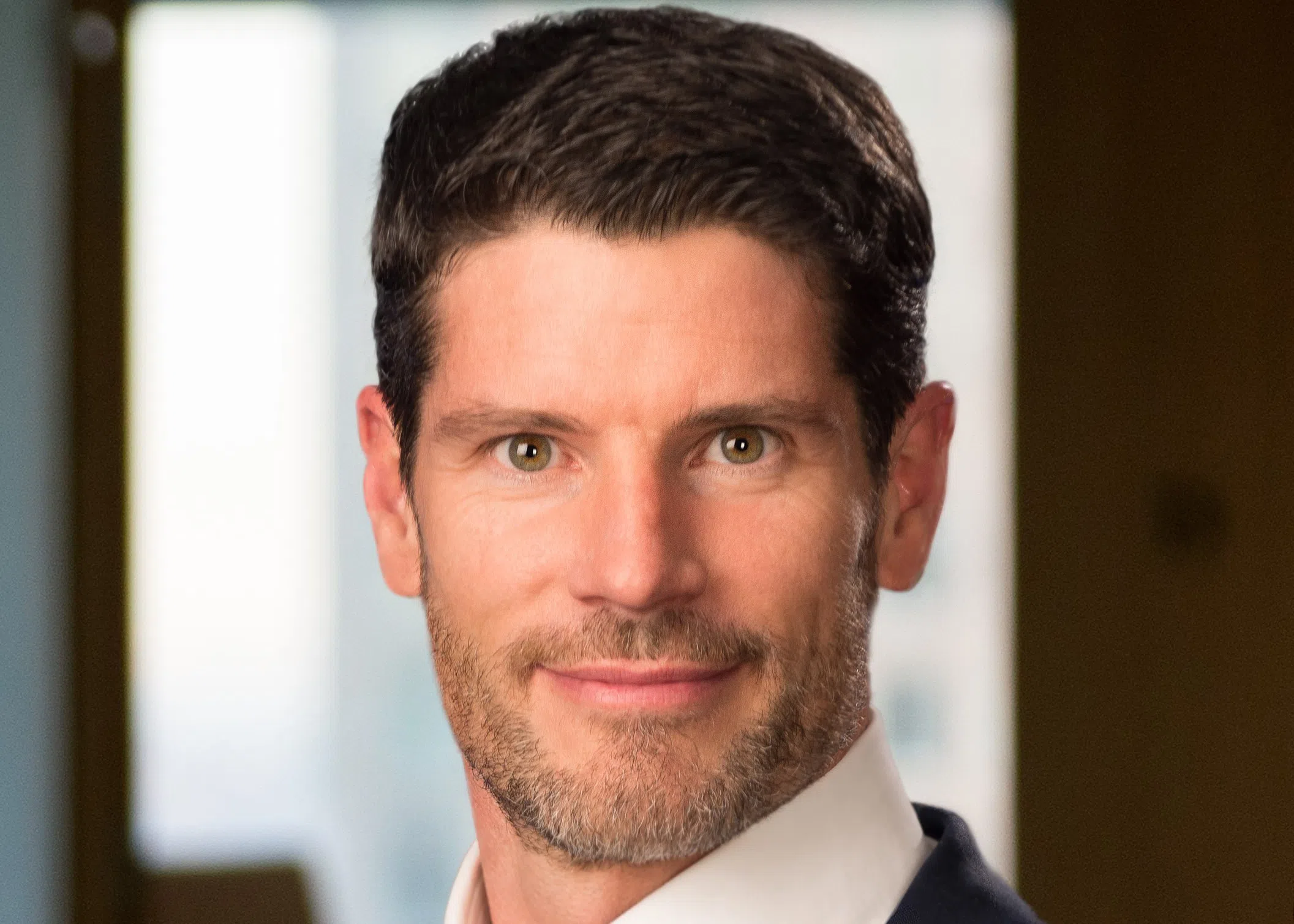THE gentle lilt of a flute fills a cramped second-storey space in Tokyo that houses a burbling vat of fermenting sake.
The bacteria in the 670-litre tank will take more than two weeks to turn its contents of rice and water into Japan’s traditional alcoholic drink.
But they are not only alive, they are listening too, said brewer Yoshimi Terasawa, and the type of music coming from a loudspeaker below the tank determines how the spirit will taste.
“The micro-organisms inside are activated by the vibrations, and the taste changes,” said the 63-year-old chief brewer of Tokyo Port Brewing.
Music is among the unconventional techniques Terasawa is using at the only sake factory in the heart of the capital.
Crammed into a narrow four-storey building, the small-batch operation employs methods that promise to help the industry resist the fallout of climate change.
A NEWSLETTER FOR YOU
Friday, 2 pm
Lifestyle
Our picks of the latest dining, travel and leisure options to treat yourself.
It uses modified machinery and ergonomic processes that consume less energy and labour than a traditional open-air brewery in the countryside.
“Making sake on this kind of smaller scale makes it easier to keep the production environment constant,” said Terasawa, a 45-year industry veteran.
The company turns out about 30 kilolitres of sake each year, or enough to fill almost 42,000 bottles – each with a volume of 720 millilitres.
But changing consumer tastes and Japan’s ageing population have hit demand, and the government says the number of sake breweries has shrunk two-thirds from its 1970s peak.
There are just over 1,100 now, more than half operate in the red.
Other challenges are a shortage of labour as brewers retire, surging fuel costs, and disruption in rice supply because of global warming.
Terasawa said his compact brewery offered a model to meet those challenges.
The process starts on a fourth-floor balcony, where he and an employee steam the rice for 70 minutes.
Then they rely on gravity to funnel the rice through apertures in floors and ceilings to a mould-application room on the third floor, before fermentation on the second, using tap water, and finally bottling the sake at ground level.
“In the future, small breweries like this will have a great deal of merit,” Terasawa added. REUTERS



